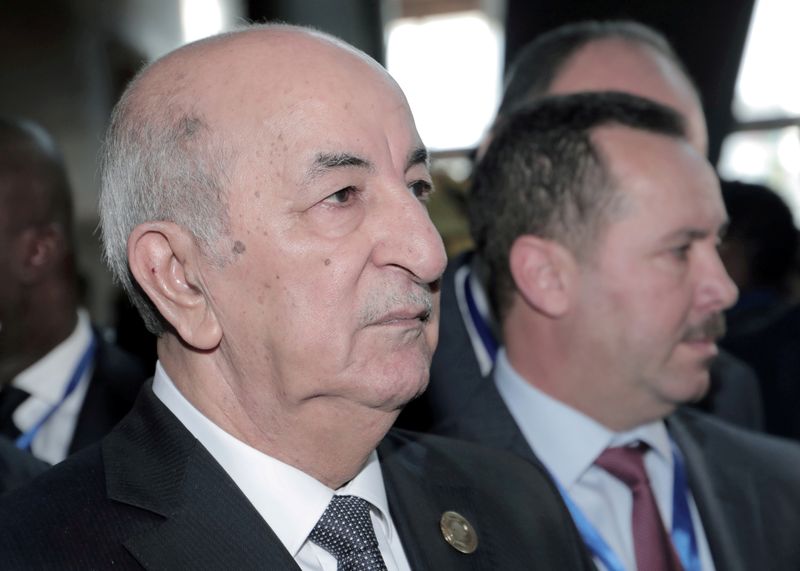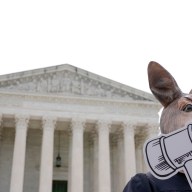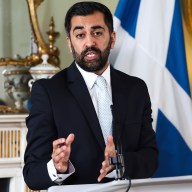ALGIERS (Reuters) – Algeria expects its 2021 budget deficit to reach 13.57% of gross domestic product, up from a 10.4% forecast for this year, after a 10.04% rise in public spending and as the pandemic has a deep impact on the oil-reliant economy, a government document seen by Reuters shows.
Algeria’s economy is predicted to grow by 4% next year, against expectations it will shrink 4.6% in 2020 after a drop in energy export earnings as the COVID-19 pandemic has led to a decline in fuel use and a sharp fall in oil prices.
A member of the government, who declined to be identified, confirmed the document was genuine.
President Abdelmadjid Tebboune, who is in Germany for treatment after he tested positive for the new coronavirus, has announced reform plans to diversify the economy away from oil and gas and to cope with the negative effects of the pandemic.
Next year’s improvement in economic growth is based on hopes the country’s oil and gas exports, which account for 60% of the state budget, will rise by 9.9% compared with 2020.
But foreign exchange reserves, depleted by high import expenditure, will fall to $46.84 billion from a $50.4 billion forecast for the end of this year, the document said.
Purchases of goods and services are expected to cost $28.21 billion, down 19.34% from projected 2020 import spending.
The government, which is trying to cut import spending to ease financial pressure, has repeatedly said any reduction would not affect food products and raw materials needed for local industry.
The rise in public spending, which follows huge cuts this year, is intended to cover a 4.3% increase in subsidies, mainly for housing, healthcare and basic foodstuffs, such as cereals, milk and sugar, said the document, which parliament is expected to discuss this week.
Part of the additional spending will also be used for projects in remote areas that are aimed at improving living conditions and helping firms and people hit financially by the pandemic.
Tebboune has said improving purchasing power for the poor is a priority, as he seeks to avoid social unrest after last year’s mass protests that toppled his predecessor Abdelaziz Bouteflika.
(Reporting by Hamid Ould Ahmed; editing by Barbara Lewis)



















